Jones to Cameron: Let's get devolution right
- Published
The prime minister said his government had entered "in good faith" into talks to give the assembly further powers
David Cameron should delay further devolution until the Welsh and UK governments can agree a deal that will "stand the test of time", the first minister has said.
The prime minister had accused Carwyn Jones of "playing politics" by claiming the UK government's plans could reduce the assembly's powers.
Mr Cameron said he was talking "in good faith" about a new bill in the autumn.
In response, Mr Jones said: "We want to get this right rather than rush it."
The UK government is due to publish later in October draft plans to change the way devolution works in an attempt to set out more clearly who runs what.
It will outline a reserved powers model, by which Wales is assumed to have control of all policy areas except those listed as remaining at Westminster, such as defence and foreign affairs.
Up until now, devolution has involved specific powers being handed to Cardiff Bay.
'Good record'
In an interview for BBC Wales, Mr Cameron said his Welsh Secretary Stephen Crabb was still working with other parties to deliver more devolution as promised under the St David's Day agreement.
"It requires agreement, and we've been talking in good faith with the other parties in Wales and that's what needs to happen," he said.
"This needs to be an agreed measure but that shouldn't stop what I would call 'real devolution' which is giving people in Wales more power over their lives."
First Minister Carwyn Jones rejects claims of playing politics over Wales powers laws
Mr Cameron rejected suggestions by the first minister that the UK government proposals could lead to a rolling-back of the current settlement.
The prime minister added: "This is the first government in history that has guaranteed to put a floor under Welsh funding.
"So I think there's a bit of politics playing by the first minister, probably because there are elections coming up next year.
"But look, I think my government has a very good record of holding that referendum, enhancing the powers of the Welsh assembly, going into the St David's Day talks in good faith prepared to give further powers to the Welsh people through their parliament and setting a funding floor for Wales."
Responding on Monday, Mr Jones said the current UK government proposals caused "a lot of problems in a lot of areas".
He said the effect would be to introduce "lots of English vetoes on Welsh laws", even if it was not a "deliberate ploy".
"We need time to work it through," he told BBC Wales.
"What I don't understand is that I've explained all the problems to the secretary of state and said, look, postpone it for a few months, let's work together and get a settlement that will stand the test of time.
"Unfortunately they've accused me of playing politics and all we want to do is get this right rather than rush it."

Analysis by Paul Martin, BBC Wales political reporter
The row centres on which powers should remain under the control of the UK government under further devolution.
A list of those policy areas is being drawn up as part of a new piece of UK government legislation called the Wales Bill.
Up to now, specific powers have been devolved to Cardiff Bay but a change of approach means that, in future, everything not listed in the bill will be assumed to be devolved.
Earlier in 2015 the main parties agreed on certain things that should be transferred to the assembly, including control over some energy projects, electoral arrangements and areas of transport policy.
But now there's disagreement over just what the list of reserved powers - those that will stay at Westminster - should contain.
Carwyn Jones has said he will not accept any attempt to weaken the powers of the assembly.
David Cameron denies the legislation will do that, and has described his record on devolution as "very good".
The first draft of the Wales Bill is expected to be published later in October.
- Published1 October 2015
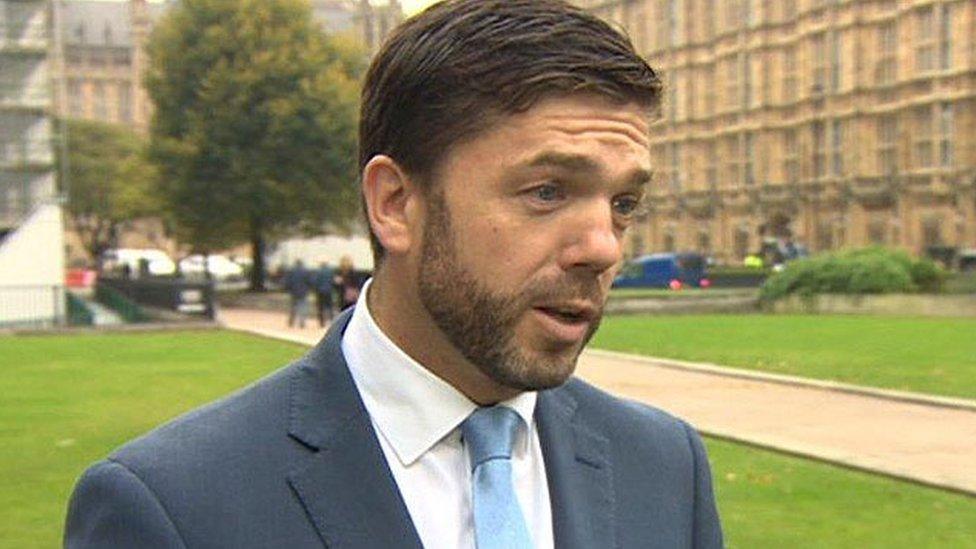
- Published24 September 2015
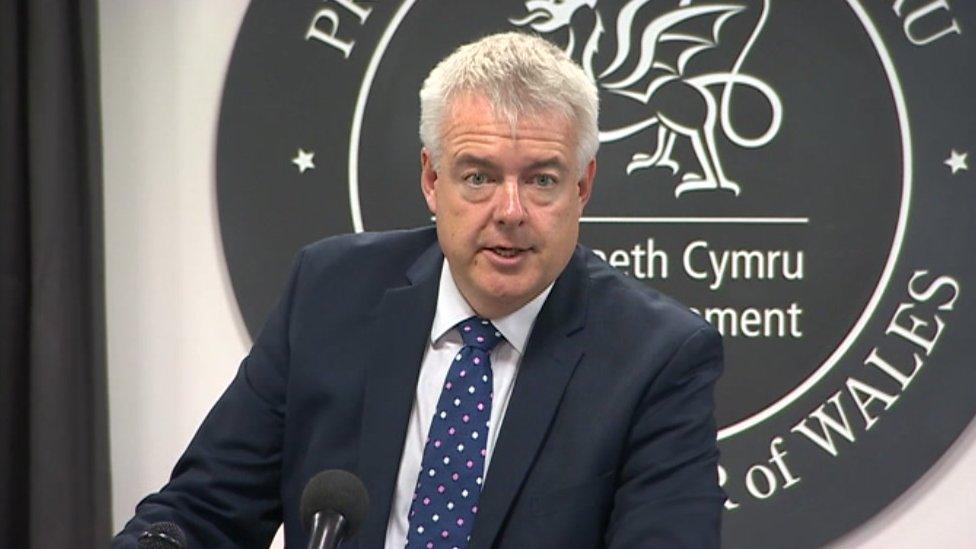
- Published29 June 2015
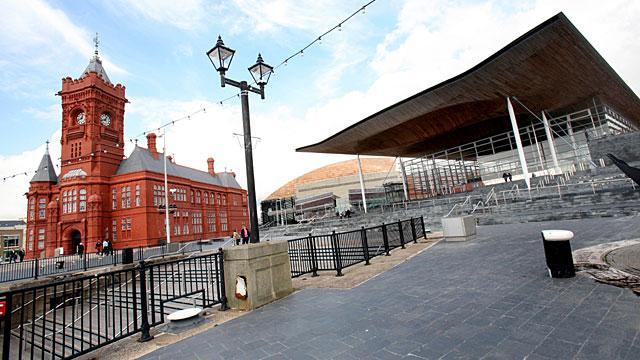
- Published24 June 2015
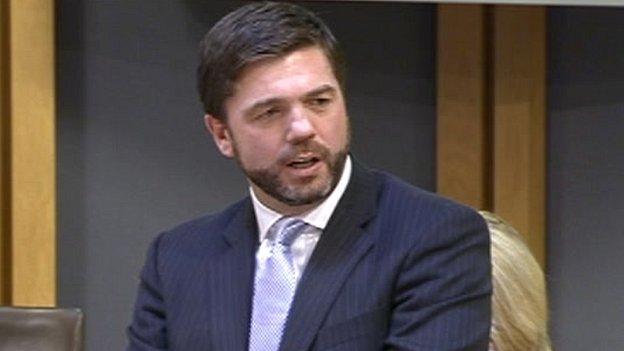
- Published27 May 2015
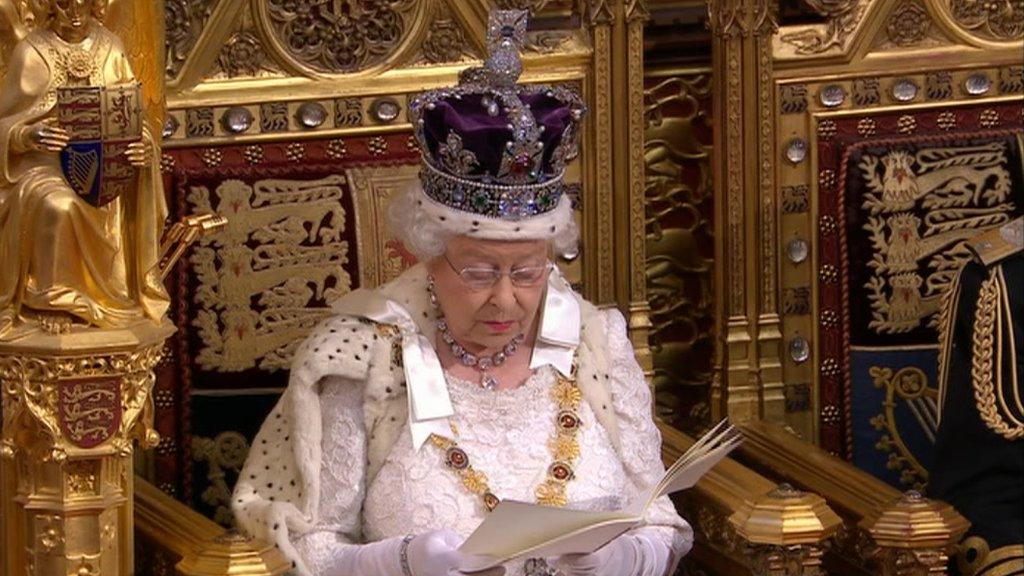
- Published27 February 2015
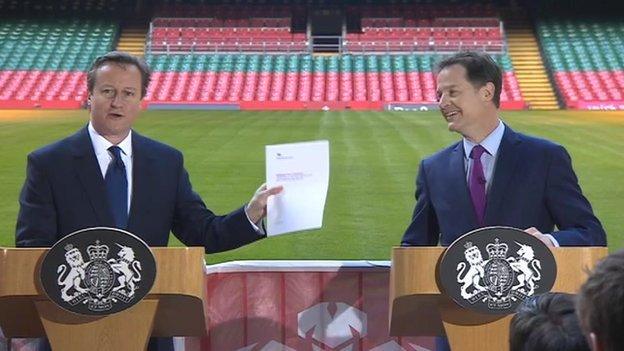
- Published30 October 2014
